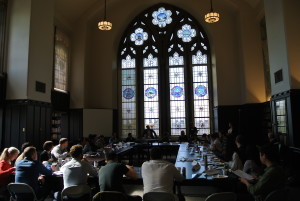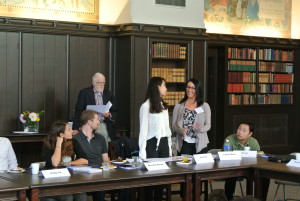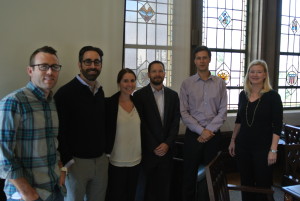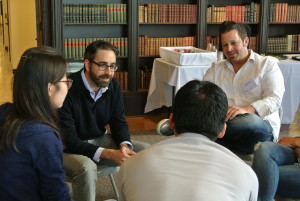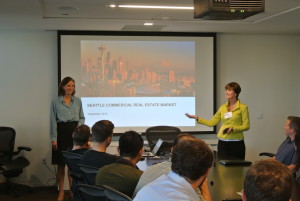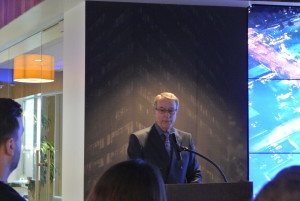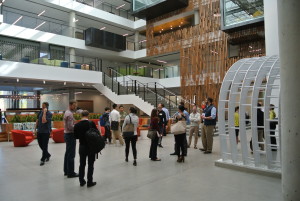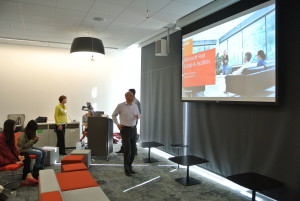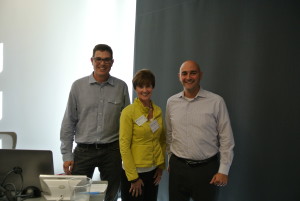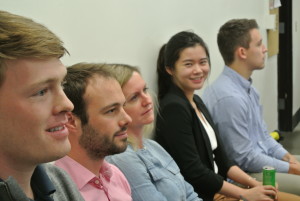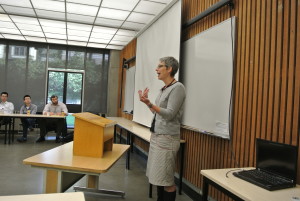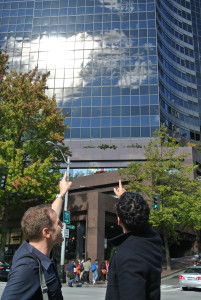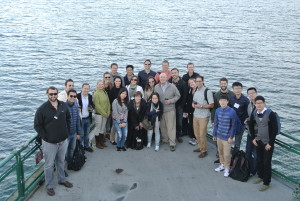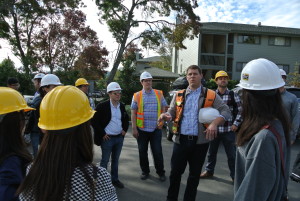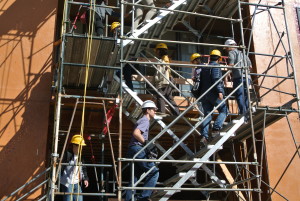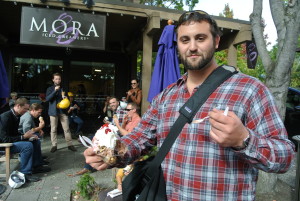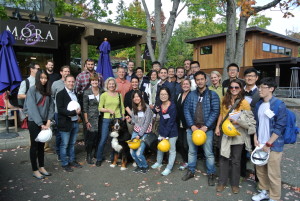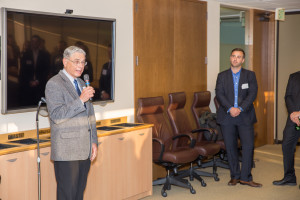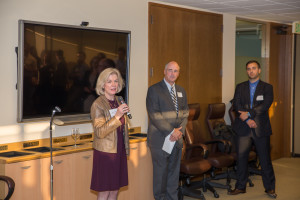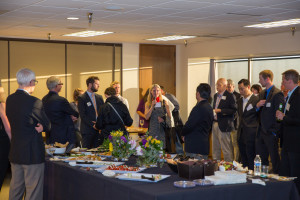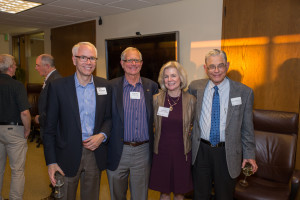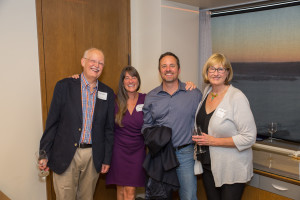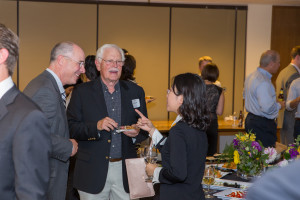Home sale prices increased while actual sales declined in Washington State as reported in the 3rd quarter of 2015.
Read more about the Center’s research findings on UW Today.
Here’s a preview of the data, in our snapshot for Q3 2015.
Home sale prices increased while actual sales declined in Washington State as reported in the 3rd quarter of 2015.
Read more about the Center’s research findings on UW Today.
Here’s a preview of the data, in our snapshot for Q3 2015.
You’re Invited!
Please join the Foster School of Business and Runstad Center for Real Estate Studies for an engaging discussion on urban growth and infrastructure featuring Seattle Mayor Ed Murray, Professor Raphael Bostic (former Assistant Secretary for Policy Development and Research at the U.S. Department of Housing and Urban Development), Kevin Desmond (General Manager of King County Metro), and others. DATE: Tuesday, December 8, 2015 TIME: 8:30 a.m. — 12:00 p.m. PLACE: Anthony’s Forum (UW Seattle Campus, Dempsey Hall) AGENDA:
12:00 – End of program
During Enrico Moretti’s visit to Seattle last week to speak at the Runstad Center Leadership Dinner, he was interviewed by the Daily Journal of Commerce. He spoke about how an increase in tech jobs relate to booming cities like Seattle. Read more from Enrico Moretti’s interview with the Seattle Daily Journal of Commerce here
KUOW interviewed Enrico Moretti, the keynote speaker of our 2nd Annual Leadership Dinner, about the rapid growth of Seattle. How do we avoid making the mistakes that cities have made in the past? Listen to the interview here
Enrico Moretti, Ph.D., our speaker at this evening’s Runstad Center Leadership Dinner, sat down with the Puget Sound Business Journal to talk about the future of wages in Seattle and how they depend on housing development. We are thrilled Enrico is sharing his .knowledge and ideas with our community tonight.
http://www.bizjournals.com/seattle/blog/2015/10/good-news-seattle-youll-be-getting-a-raise-even-if.html
MSRE student Brooke Shorett shares more highlights from the 2015 ULI Fall Meeting…
Earlier this month, the Runstad Center sent many of its students to San Francisco for ULI’s Fall Meeting. It was a wonderful opportunity to meet real estate students and professionals from all over the world and hear from a multitude of fantastic and diverse speakers. We also had the privilege of meeting more intimately with several companies that had ties to the Runstad Center.
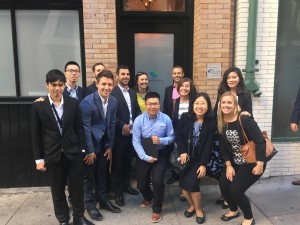
One of the highlights of the conference was a tour throughout the SoMa (South of Market) neighborhood, a historically underdeveloped area that has seen recent rejuvenation in the office market. The tour focused on the redevelopment of older industrial buildings into successful office spaces. A good portion of SoMa is zoned by the city as PDR (Production, Distribution, and Repair), equivalent to light industrial, which presents unique challenges for leasing and function.

In particular, we looked at 888 Brannan, a historic industrial building that is now home to some of San Francisco’s most innovative companies. The main tenant of the space is Airbnb, who leases nearly 170,000 square feet. Conforming to trends in the tech industry, they have open floor plates with shared “living rooms,” and a company cafeteria on the top floor featuring the best views the building has to offer. Perhaps most interesting, though, were the unique design touches that Airbnb added at their own expense to make the place mirror their vision and make their employees feel at home.

They’ve crafted each of their conference rooms to look like a different residence featured on Airbnb, complete with unique details like a functioning sliding barn door or a complete replica of the living room the founders lived in when they first started the company. The lobby features a living wall and huge skylights that let in the sunshine, and they’ve added far more bike parking than is required to cater to their employees commuting habits. There are abundant common areas with couches and café tables to make the environment feel more like home than an office.
To top it all off, the next day ULI hosted Brian Chesky, Airbnb’s co-founder and CEO, as a keynote speaker. It was great to hear about his company from his perspective and see how his vision really matched the feel of the office space he helped curate. The whole experience was extremely valuable in providing context for what we learn about every day in class – and I would highly recommend attending the ULI Fall Meeting in the future!
During last Monday’s ULI tour of large-scale transformation along the San Francisco waterfront, 100 attendees enjoyed a boating tour around Treasure and Yerba Buena Islands and walking tours Pier 70, Mission Rock, and the historic Naval shipyards at Hunter’s Point and Candlestick Park. With San Francisco’s housing affordability crisis frequently in the news and the palpable density in the city, I was completely surprised to discover the vast open industrial spaces that make up the southern bay front. Presentations from over nine speakers made the day an inspirational view into the next phase of San Francisco’s development.

I relished the views, fresh air, and new discoveries during the boating tour, but the gem of the entire fall meeting for me was laying eyes on Building 12 at Pier 70. Forest City and Orton Development are beginning a process of transformation to capture and celebrate the historic shipbuilding site and to reactivate the southern bayfront of the city. The 60-acre site south of Mission Bay was a bustling job center through the 1940s, but it has been vacant and overlooked for decades. It has also been a barrier to public bay access since San Francisco’s founding.
Forest City is proposing a mixed-use development including rehabilitation of 250,000 square feet of historic buildings for commercial, residential, retail, and light industrial uses. Of particular note, Forest City is committed to supporting the industrial history of the site and neighboring Dogpatch facilities, so the project includes a focus on RALI uses: retail, arts, and light industrial. Policies are proposed to keep rents at their current level to ensure a mix of tenant types within buildings and across the property. It also opens the site to public access and provides acres of new parkland.
The project location and previous uses have required an intense level of project review by government regulators, but there have already been great successes for this project. Most notably, a San Francisco regulation required citizen approval for an extension of the height limit on the property. The ballot measure was approved with nearly 60% support, making it one of the most widely supported ballot measures in history and suggesting that San Francisco residents are ready to rediscover the site.
While the beauty of the city’s downtown is undeniable, the scale and history of the Pier 70 buildings provide a visceral connection to San Francisco’s past. This project is a reminder of the pioneering spirit that San Franciscans are known for and a testament to the opportunities that are possible through innovation. With Seattle’s own large, industrial waterfront that is largely inaccessible to city residents, this project encouraged me to think more deeply about our waterfront future. What do you think? How can Seattlites engage with our waterfront industrial past?
-Lori Shannon, MUP/MSRE Candidate 2017
On Wednesday September 16th Jon and Judy Runstad were the featured speakers at the inaugural event of the Runstad Center Alumni Association. The Masters in Real Estate Degree has just celebrated the graduation of their fifth class so the alumni numbers are growing quickly and its high time we grow and solidify our network of accomplished alumni as they are very much a part of the extraordinary real estate story unfolding in Seattle today. 20 members representing all 5 classes attended and were briefed on the continuing success of the growing program evidenced by almost 30 new enrollees for this next year. The highlight of the evening was an intimate discussion with Jon and Judy Runstad who anybody will tell you have some experiences to share, but remain very active with several large projects on the boards or under construction. Stay tuned for the next event and if you are an alumnus, contact Melissa at the Center to join today and receive notices for the next great event.
Every year, incoming MSRE students start school a few days early to attend their week long New Student Orientation. The whirlwind week begins with introductions to the curriculum, faculty, and programs the Center offers. Throughout the week they tour development projects, visit companies in Seattle and across the sound, and meet industry leaders to learn more about the Seattle market and the varied careers within real estate. The week ends with a reception sponsored by our esteemed Runstad Center Advisory Board. Here are a few pictures from the week…
